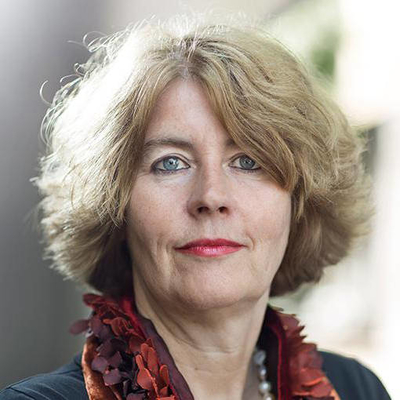Over the past three years I have participated with great enthusiasm in the Legba Dzoka Research project that focuses on a collection of spiritual artifacts from the Ewe-speaking area assembled and taken to Bremen around 1900 by the Protestant missionary Carl Spiess. Formed in September 2022, the Legba-Dzoka team expanded and now includes: Sela Adjei (University of Media, Arts and Communication, Ghana), Kodzo Abotsi (German Studies, Université de Lomé), Kokou Azamede (German Studies, Université de Lomé), Kodzo Gavua (archaeology, University of Ghana), Angelantonio Grossi (anthropology, University of Pennsylvania), Mercy Klugah (University of Health and Allied Sciences, Ho), Malika Kraamer (Global Heritage Lab, Bonn University; Honorary Curator Ghana National Museums), Birgit Meyer (religious studies, Utrecht University), Silke Seybold (Übersee-Museum Bremen), Assima Tcharie Aboua (German Studies, Université de Lomé), Ohiniko Mawusé Toffa (Prussian Heritage Foundation, Berlin), Christopher Voncujovi and Kofi Voncujovi (Afrikan Magick Temple, Accra).
We successfully applied for funding from the German Lost Art Foundation (Deutsches Zentrum Kulturgutverluste (DZK)) and could kick off a research on the provenance and possible futures of the dzokawo, legbawo, aklama and other spiritual artifacts in the collection Spiess in December 2023.

Collection of Dzokawo, Übersee-Museum Bremen
We held a two-week workshop in the Übersee-Museum Bremen in April 2024, where we studied the items in the collection from multiple perspectives. I have described our way of working in some publications (see e.g. my article with Marleen de Witte “Consulting the things of the Spirits” ). In the course of 2024 and early 2025, our teams conducted ethnographic research in the areas from where the collection was derived in Ghana and Togo, showing photographs of selected items to Ewe priests, chiefs and interested audiences. Together with Silke Seybold (Übersee-Museum Bremen) I could take part in some field visits organized by Sela Adjei, Mercy Klugah and Kodzo Gavua in Ghana. It was exciting to notice the great interest in these old spiritual material forms, that had been brandmarked as signs of “idolatry” by the mission. While, due to the strong presence of Christianity, this view still has repercussions in Ghana and Togo today, the collection raised great interest. For contemporary indigenous priests, it was instructive to stand face to face with dzokawo and other spiritual artefacts made more than 125 years ago.
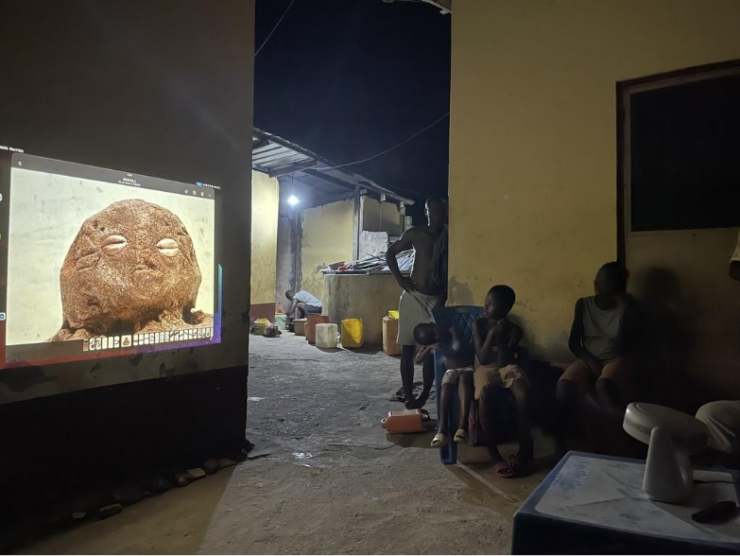
Showing pictures from the collection, at Dumega Koko Nyonator’s house, Atiteti (October 2024)
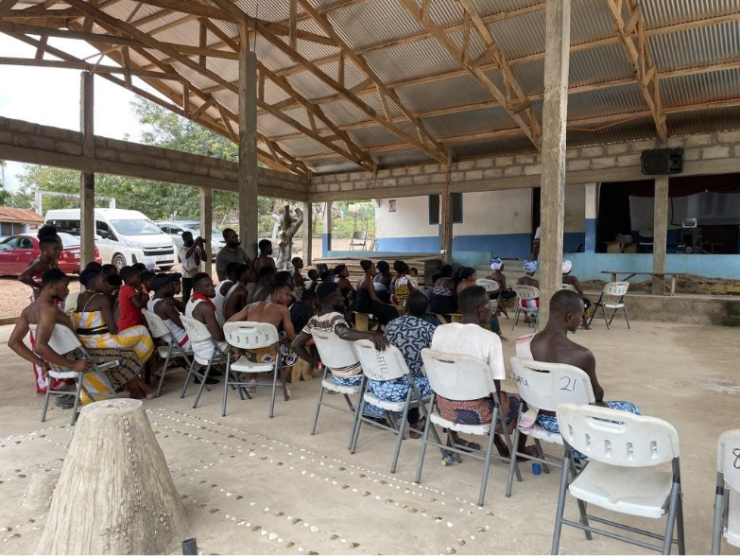
Showing pictures from the collection at Bokor Gatukpe’s shrine, Kpeve (October 2024)
In late August/ early September 2025 we organized an internal workshop in Ho. Over two days, we discussed our findings in the light of our research aims so as to work towards our report about the provenance of this collection under colonial conditions, and to assess multiple perspectives and possibilities concerning its restitution and return. We also prepared our joint presentation for a set of workshops held in Ho (28 August), Accra (2 September) and Lomé (4 September) under the title Reconceptualizing African Spirituality/Repenser la spiritualité Africaine. Jan Hüsgen from the DZK was present in Ho and Ghana, and explained the DZK concerns with regard to critical provenance research on colonial collections.
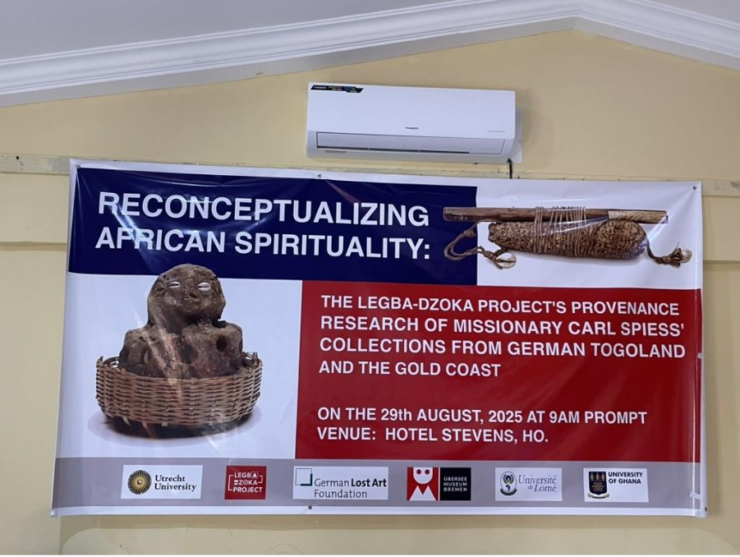
Poster (designed by Sela Adjei)
This title was chosen so as to reframe discussions around spiritual artifacts as those in the collection Spiess beyond the well-trodden colonial-missionary discourse around “idolatry” and “fetishism” and explore the potential of concepts as “cultural assets”, “cultural heritage” and “living energies and entities”. The three workshops generated much interest. Visitors discussed our findings and proposed possibilities for the future with great openness and engagement. It was evident that situating the discussion about the artifacts in an attempt to reconceptualize African spirituality in a fresh manner, opening up to something unknown, was appreciated by our diverse audiences, many of whom took it as part and parcel of a restitution of esteem and appreciation that had been violated through colonial and missionary ascriptions.
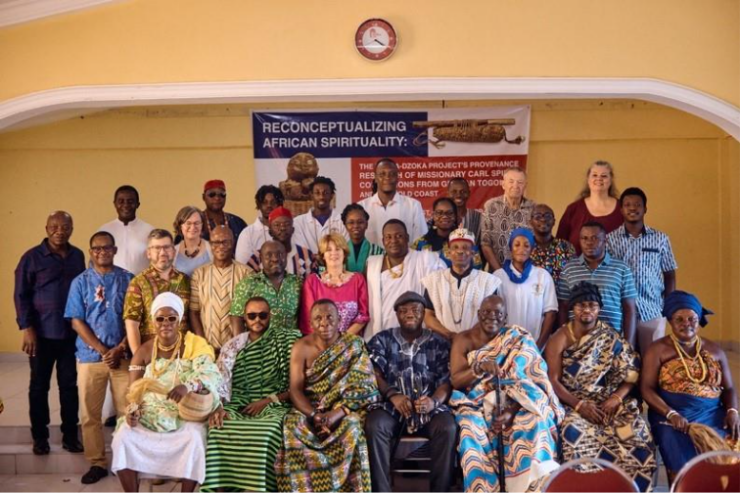
Group picture, Ho
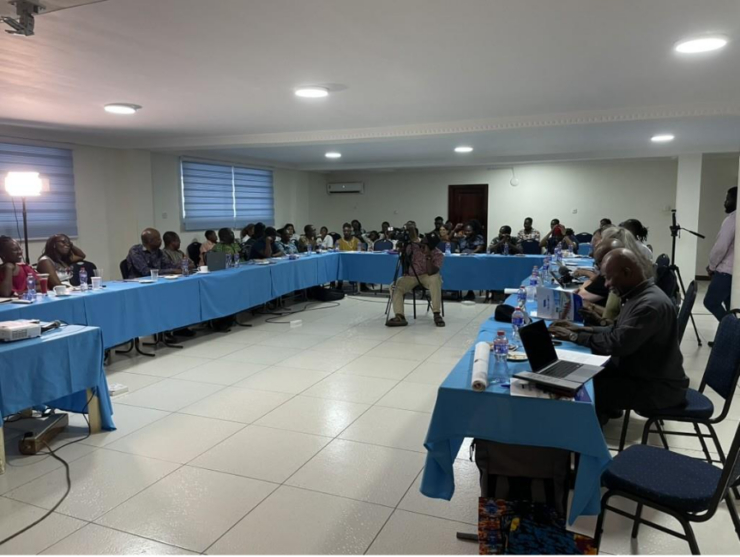
Discussion, Accra
In the future, our team members will offer several publications about our views and ideas. For now, there has been a report by Jan Hüsgen on the LinkedIn site of the DZK and a clip by Christopher Voncujovi on the YouTube Channel of Afrika Magick Temple. We also plan a joint volume showcasing our work on the collection.

